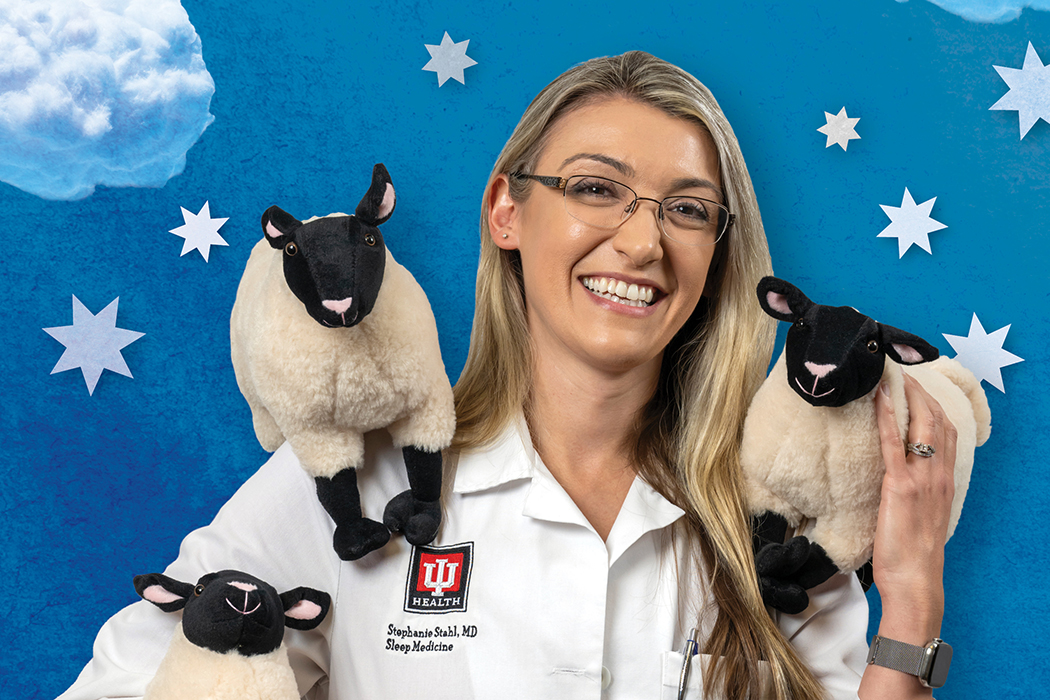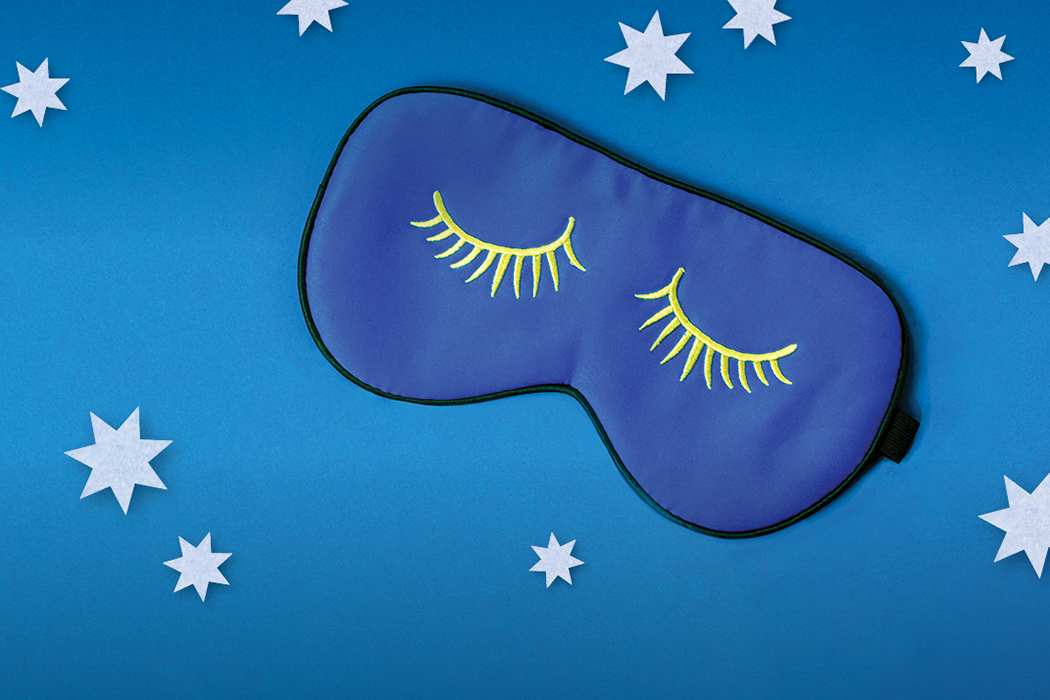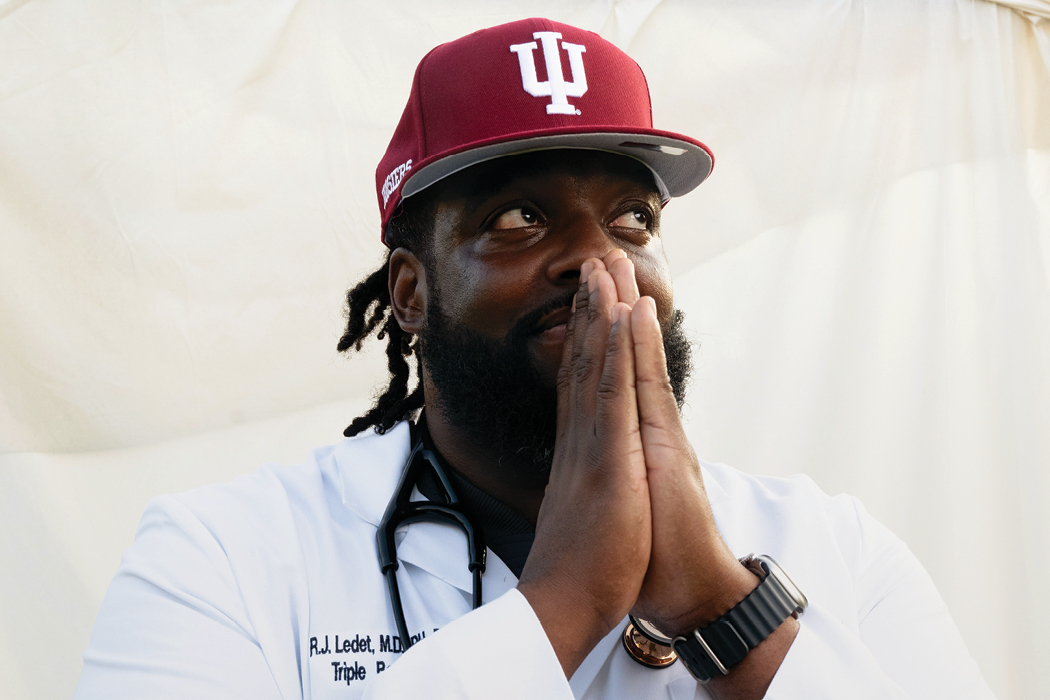A Dirty Job—With Bright Results

Are you one of the millions of people who have ever had strep throat? Or pink eye? Or a urinary tract infection? If so, chances are good that antibiotics helped you get better.
Antibiotics are a critical tool for preventing and treating bacterial infections—some of which can be life-threatening. But more and more infections are becoming resistant to traditional antibiotic therapies, presenting a growing crisis in public health.
According to Tedros Adhanom Ghebreyesus, director-general of the World Health Organization, “Never has the threat of antimicrobial resistance been more immediate and the need for solutions more urgent.”
Enter Jen Fisher, associate professor of biology at IU Northwest. Through an innovative approach to science education, Fisher has empowered her students to take this problem into their own hands—literally.

In a freshman seminar course and in classes for her microbiology majors, Fisher asks students to test the bacteria found in local soil samples for their ability to produce antibiotics that inhibit the growth of bacterial relatives of common pathogens.
“Central to this project is the opportunity to engage students. We’re discovering together.” – Jen Fisher, associate professor of biology, IU Northwest
“This lab project is looking for new kinds of antibiotics that would help offset the growing issue of antibiotic resistance,” Fisher said. Fisher’s students are able to look beyond their textbooks and learn how to apply microbiology in the real world.
One of Fisher’s goals is to expose students to the unpredictability—and the joy—of scientific discovery, helping them understand that making “mistakes” is a part of the process, too. Paige Sanborn, one of Fisher’s students, appreciated this aspect of the project.
“In most labs, the instructor already has certain [activities] planned out and has expectations of what the results should be,” she said. “In this lab, however, it was very exploratory. … You didn’t know what you were going to get!”
And what have the students gotten from their work? Happily, some encouraging results.
Fisher reports that, thus far, ten soil isolates have displayed inhibition towards other bacteria, showing promise in the world of antibiotics. As a result, these soil samples were preserved and archived for future use and study.
Of course, not every student’s soil sample produced a promising result—but that only illustrates the collaborative nature of scientific pursuit. One student’s “win” was an opportunity for all students to share in the success, passing Petri plates around the room for everyone to observe.
For Fisher, this collaborative approach to scientific discovery is as important as the results themselves.
“Central to this project is the opportunity to engage students,” Fisher shared.
“We’re discovering together.”
Thank you to the IU Northwest news team for their original reporting on Fisher’s work.
This article was originally published in the 2023 issue of Imagine magazine.
Tags from the story
Written By
Brittany King
Brittany Talissa King is a graduate of IU (BA'14), New York University (MA'19), and a writer for the IU Foundation.



